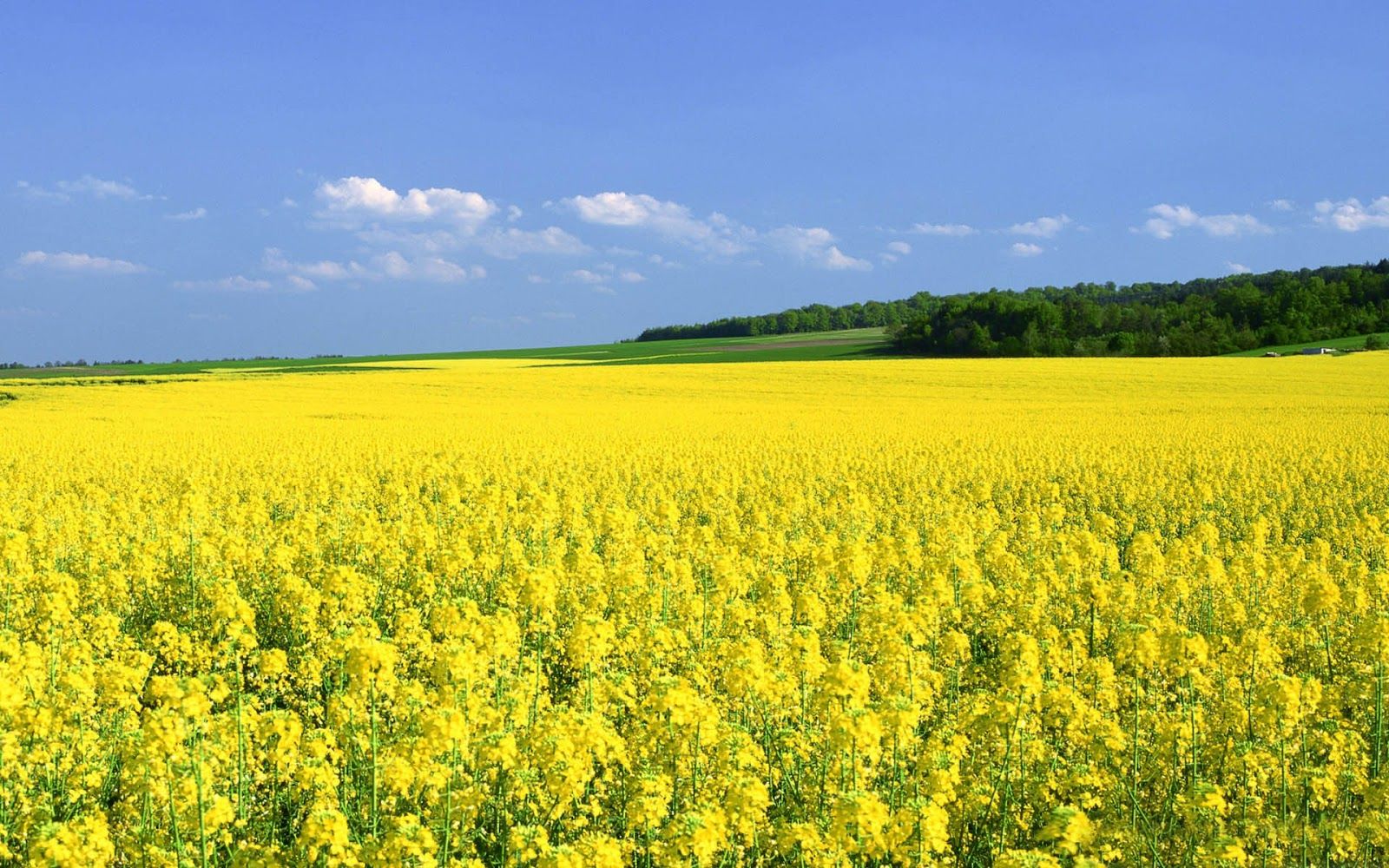Source: CBC
Researchers on Prince Edward Island are studying brown mustard seed to see if the plant can do double duty in the potato crop rotation—preventing both disease and generating a cash crop.
Right now, most P.E.I. farmers plow the mustard into the soil. As it breaks down, the plants give off a biofumigant that kills wireworm and other pests.
Scientists at the Harrington Research Centre are trying to find out what would happen if they could grow the mustard to maturity and then sell the seeds.
"We did the work with buckwheat, we found that there was no difference between whether you flail or disc or take it off for seed," said Aaron Mills, research scientist with Agriculture and Agri-Food Canada. "So if there is a some sort of an economic advantage that can be realized through taking the seed then we want to know."
Beneficial Buckwheat
Researchers shared their findings with buckwheat with P.E.I. potato growers over the winter and have already seen a shift.
"The acres of buckwheat have definitely increased this summer and I would say the acres of mustard probably have been diminished as a result," Mills said.
Mills said there would be other advantages if it's proven that mustard can be grown and then harvested, instead of plowed under.
"If we're disking it in, that's one extra pass that farmers have to do in their field as a cover crop," Mills said.
"There's a lot more tillage, it's harder on the soil, so if we can just plant it and treat it like another crop and take it off for seed then it's win-win-win for everybody."
The three-year project is funded by the Eastern Canada Oilseed Development Alliance.
"We're also measuring the effects of having mustard in the rotation with the potato crop," Mills said.
"That's ultimately what people want to know on P.E.I. … what's it going to do to the potato crop."

'Real Numbers and Data'
W.A. Grain and Pulse Solutions, which opened an $8 million pulse processing plant in Slemon Park in 2018, is one of the partners in the research.
"How much of a benefit is it as far as quality, are there any yield benefits for mustard before potatoes," said Chris Chivilo, the company's president and CEO.
"Quantify all of those things so that when farmers are making a decision, they have some real numbers and data to go on."
Chivilo's company also sells mustard seed grown in the Maritimes and sees lots of potential, including a large market in Europe.
"For the last two years, we've bought a total of about 500 [metric] tonnes of mustard from farmers that have harvested it, to two different buyers," Chivilo said.
"One buyer liked the Island mustard so much, he'll take anything we can grow — up to four or five thousand tonnes."
Chivilo said farmers don't have to wait for the results of the research project.
"I'd like to see a lot more experimentation on the farm level, let farmers prove to themselves that they're still getting the benefit by harvesting versus plow down," Chivilo said.
"That's as easy as leaving strips or doing half field, prove to themselves that 'I can put 350 bucks an acre in my pocket' rather than just seeding it into the ground."